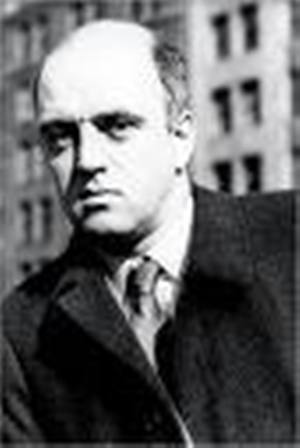All the Wrong Places: Adrift in the Politics of the Pacific Rim by James Fenton (Atlantic Monthly Press)
"Horrible" is James Fenton's assessment of contemporary journalism, a discipline that prevents reporters from writing as though "they are present at the events they are describing. And not only present--alive, conscious, and with a point of view."
These are also prerequisites for being a poet, which Fenton is, so he is well-prepared to practice what he calls "something that predates journalism," the narrative form that is "reporting in its natural state."
Rather than the recital of facts that come from the mouths of journalists, Fenton is obsessed with the details that give depth and color to a narrative, and it is his gift for finding small, particular, idiosyncratic features that gives his reportage strength. When he is without these, as he is in the portion of this book that is set in Korea,he ventures into Fire in the Lake territory, about which he says, "the purpose of the book seemed to be to warn you off the subject." When he encounters the right people, as he does in the Philippines when he meets Helen, an American Meryl Streep look-alike who has become so immersed in her chosen home that she speaks English with a Filipino accent, he gets to the bones of his story. And when he writes about a part of the world that has claimed him, as Southeast Asia has, he is opinionated, at times thoroughly obnoxious, and absolutely unbeatable.
A man with a passion for Cambodia, Fenton went to Saigon a week after the Khmer Rouge took Phnom Penh, six days before the Americans left Vietnam. He had been to Vietnam before, where his English had been found wanting by a Viet Cong soldier when he had failed to respond to "How are you?" with the obligatory response "Fine thanks, and you?" He had been to a village on the border between Cambodia and Vietnam that was "a hypermarket of contraband" where every man, woman and child spent their time gambling,like "some allegorical town, say in the Pilgrim's Progress" while they waited for the Khmer Rouge to come and buy weapons. He had traveled through a village that had been destroyed by napalm, where he "noticed a pile of bananas that had been charred right through, although they preserved their original shape...like something discovered and preserved in Pompeii. The bodies had already been cleared away."
In Saigon as the city prepares for its fall, Fenton watches the appearance of the giant helicopters that complete the American evacuation as they darken the sky for hours, their noise "a fearful incentive to panic." The looting of the embassy begins as the last helicopters were landing on the roof and when Fenton enters the building he is greeted by "suspicious looks, so I began to do a little looting myself in order to show that I was entering into the spirit of the thing." When the liberating forces entered Saigon, their first view was of people laden with booty, which Fenton remarks, must have confirmed their belief in urban degeneracy.
Flagging down a tank with an NLF flag as it approaches the Presidential Palace, Fenton is hauled aboard and told to keep his head down. As the tank enters the palace gate and the immortality of history, its hitch-hiking poet observes "an extraordinary number of dragonflies in the air."
With the advent of peace the streets of Saigon became filled with the abandoned uniforms of the Saigon Army, "piles of clothes, boots, and weapons...so complete it looked as though their former occupant had simply melted into his boots;" stalls of looted goods whose chief customers, Fenton says, were the NLF, as well as the French residents of the city and journalists; billowing parachutes of various colors that sheltered impromptu cafes and "made the city utterly beautiful;" and the wives of military officers who took to the streets in protest when their husbands were sent away to reeducation camps where, rumor claimed, thousands had been killed.
If God is in the details, then James Fenton's writing must certainly qualify as some kind of sacred text. Read it and weep and pray that he may someday do this again.
